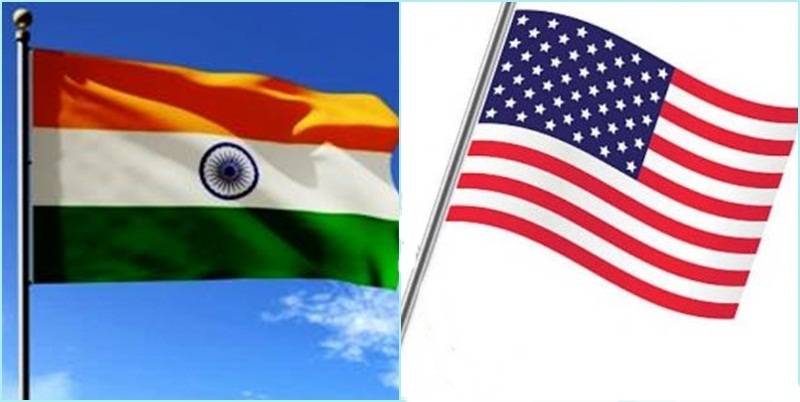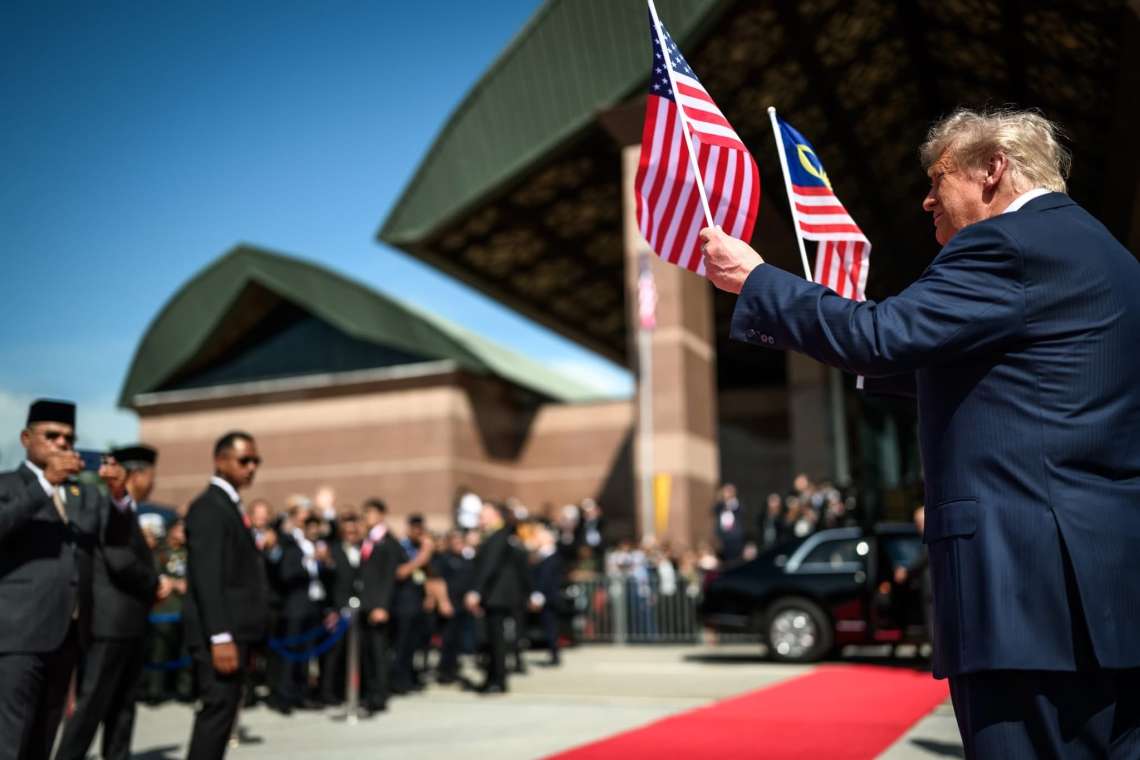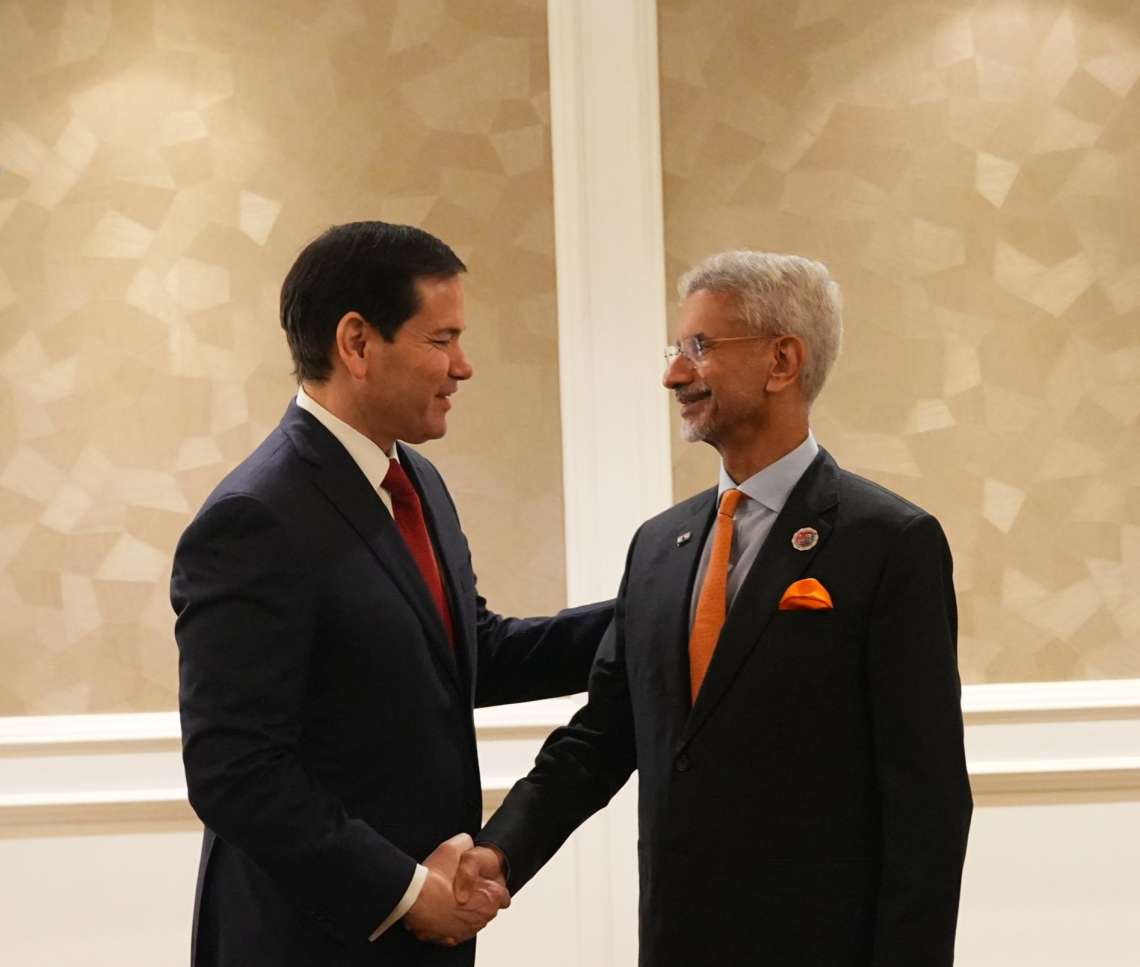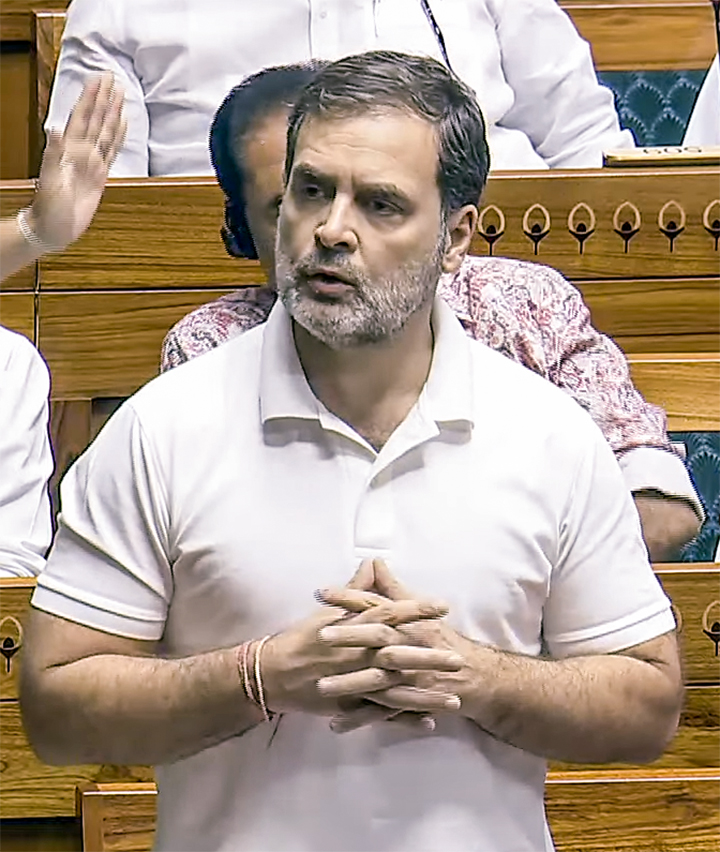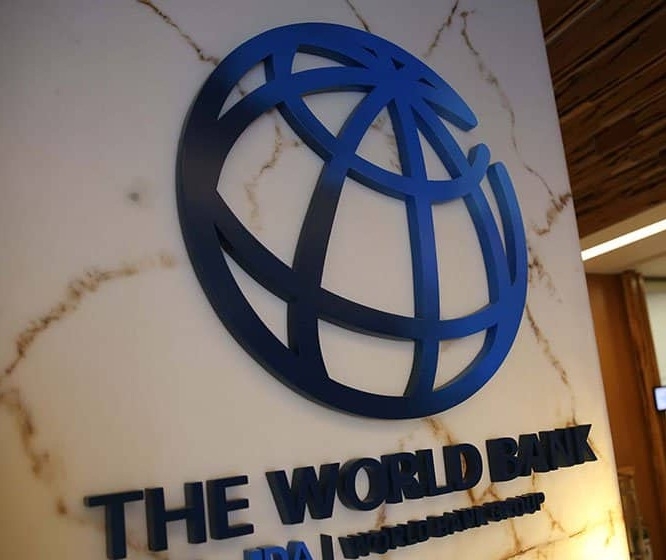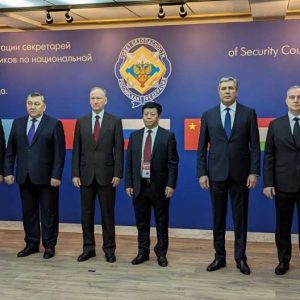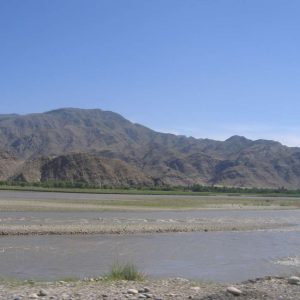On February 15, 2024, the United States AND Austria, France, Italy, Spain, and the United Kingdom decided to extend the political compromise set forth in the October 21 Joint Statement until June 30, 2024…reports Asian Lite News
India and the United States have agreed to extend the 2 per cent equalisation levy or digital tax on e-commerce supplies until June 30.
On Oct 8, 2021, both countries joined 134 other members of the OECD/G20 Inclusive Framework (including Austria, France, Italy, Spain, and the United Kingdom) in reaching agreement on the Statement on a Two-Pillar Solution of OECD/G20, to Address the Tax Challenges Arising from the Digitalization of the Economy.
On November 24, 2021, India and the United States agreed that the same terms that apply under the October 21 Joint Statement shall apply between India and the United States with respect to India’s charge of 2% equalisation levy on e-commerce supply of services and the United States trade action with respect to the said Equalisation Levy.
The validity of this agreement was from 1st April 2022 till the implementation of Pillar One or 31st March 2024, whichever is earlier. This was stated in public statements made by both sides on November 24 Statements.
On February 15, 2024, the United States AND Austria, France, Italy, Spain, and the United Kingdom decided to extend the political compromise set forth in the October 21 Joint Statement until June 30, 2024.
“In light of the above developments, India and the United States have decided to extend the validity of the agreement reflected in November 24 Statements until June 30, 2024. All other terms of the transitional approach remain the same,” the finance ministry’s release said
The OECD/G20 two-pillar solution addresses the tax challenges arising from the digitalization of the economy and aims to modernize the international tax framework.
This pillar introduces a global minimum corporate tax rate to prevent tax base erosion and profit shifting (BEPS). The minimum tax rate ensures that MNEs pay at least a minimum level of tax regardless of where they are headquartered or where they operate.
It also mandates to implementation of Global Anti-Base Erosion (GloBE) rules to ensure that foreign income is taxed to restore a level playing field and eliminate the need for countries to offer very low tax rates in order to compete for inbound investment.
The Finance Ministry further added in the statement that both countries will remain in close contact to ensure that there is a common understanding of the respective commitment and endeavour to resolve all issues on this matter through constructive dialogue. (ANI)
ALSO READ-Fighting for third day in north Gaza as thousands displaced


